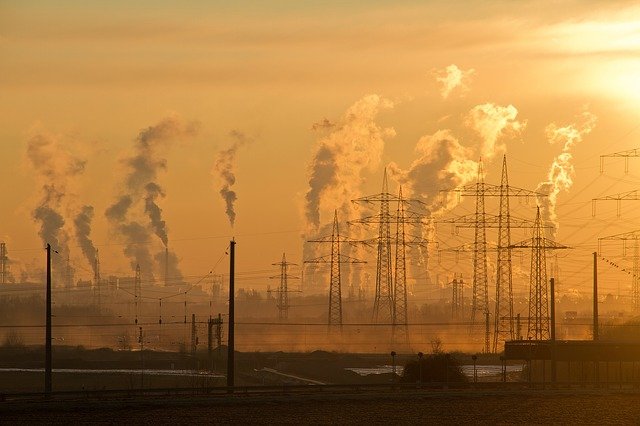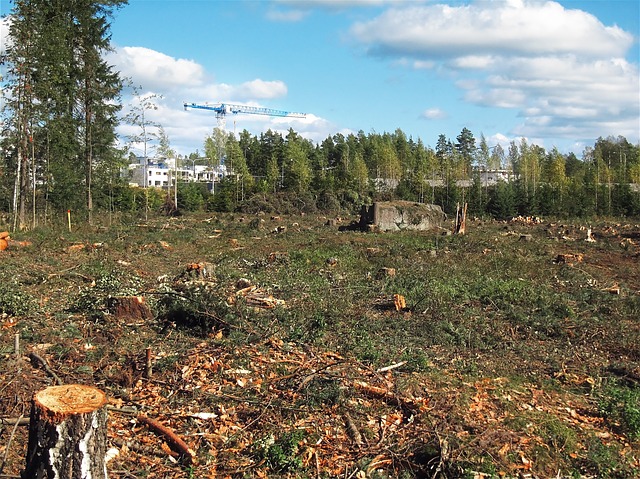
The effect of an economic activity on the environment is known as environmental impact.
Environmental impact is the effect caused by human activity on the environment . Ecology , which studies the relationship between living beings and their environment, is responsible for measuring this impact and trying to minimize it.
For example: "The sinking of the oil tanker had an environmental impact of gigantic proportions for the ecosystem of the Pacific Ocean" , "If mining companies decide to settle in our city, they must demonstrate that the environmental impact of their projects will be reduced" , "The The hypothetical environmental impact of the pasture has generated a confrontation between both governments .
Side effects of an economic activity
The concept of environmental impact could be used to refer to the consequences of a natural phenomenon (such as a tsunami or an earthquake ), although such acceptance is rare. Typically, the notion is used to name the collateral effects that a certain economic exploitation of nature implies.
This means that a company can create jobs and be very profitable from an economic point of view, but at the same time destroy the environment in the areas surrounding its factory. The environmental impact, therefore, can have consequences on the health of the population, air quality and landscape beauty.

Measuring the environmental impact is necessary for the design and implementation of measures that allow it to be reversed.
Classification of environmental impact according to its duration
In addition to all of the above, it is necessary to establish that, on a regular basis, a classification of the environmental impact is carried out based on the time its effect lasts in a given place. Thus, taking this criterion, four different types of impact can be established:
• Persistent. In this group are those who have a long-term influence.
• Temporary. As its name indicates, it is the type of environmental impact that does not really create major consequences, which means, therefore, that the environment can recover relatively quickly.
• Reversible . As a result of the aforementioned impact, the environment can recover from the damage suffered, in a more or less short time, but it may happen that it may not be completely as it was before the events took place.
• Irreversible. In this case, as its name indicates, it is that environmental impact that has such significance and severity that it completely prevents a scenario from being able to recover from the damage it has caused.
Importance of evaluation
In order to determine both the type of impact and to be able to carry out the appropriate measures, based on it, it is important and fundamental to proceed with its evaluation. In this task, the experts will undertake everything from an initial analysis to a preliminary study through a specific determination of it.
In this way, and after subsequent exhaustive investigations, the impact can be determined as well as the measures that must necessarily be taken and it will also be determined whether the damage can be recovered in the short, medium or long term.
This is what is known as an environmental impact assessment , the analysis carried out by a company or a government on the predictable consequences of an activity. This analysis results in an environmental impact statement , which is the prior communication created under certain assumptions about the consequences predicted by the evaluation.
